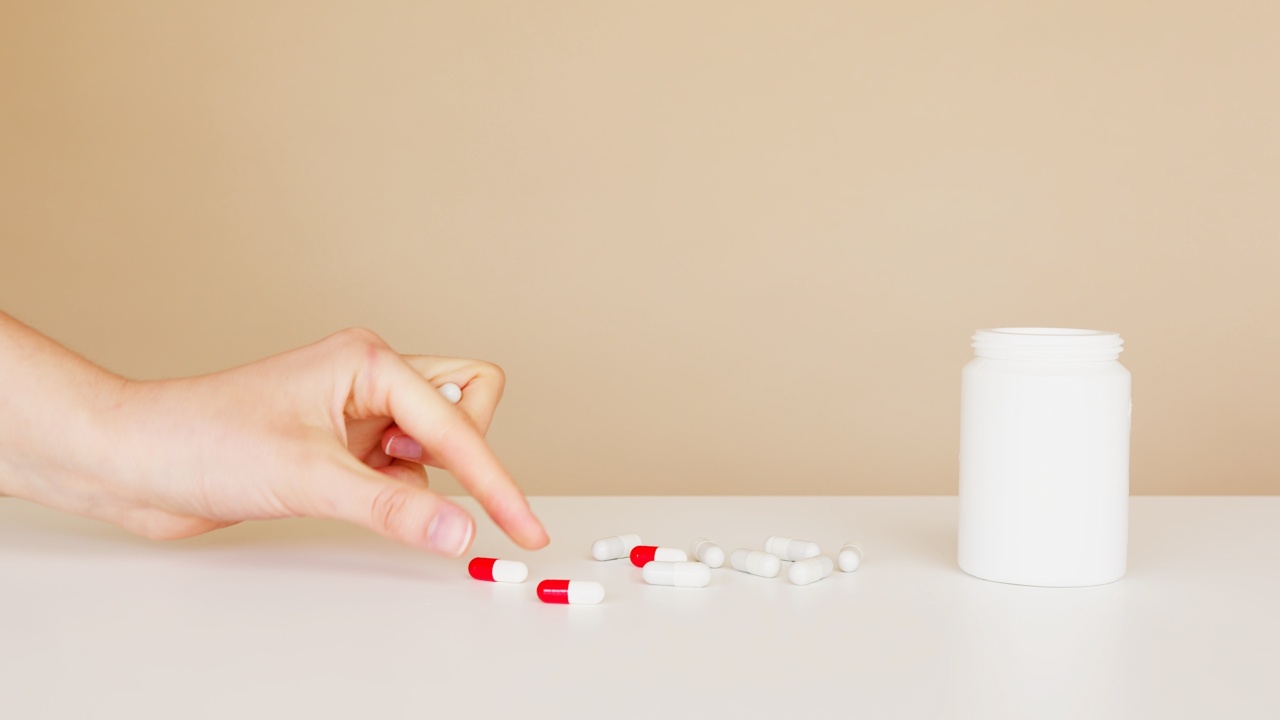Taking medication at the right time can make a huge difference in how effective it is. The timing of medication depends on the type of medicine and the condition it’s being used to treat.
In this article, we’ll take a look at some common medicines and when the best time is to take them.
1. Antibiotics
Antibiotics are commonly prescribed to fight infections caused by bacteria. The timing of antibiotic administration is crucial to the effectiveness of the medication.
Antibiotics should be taken at the same time every day to maintain a consistent level of the medication in the body. It’s also important to finish the entire course of treatment, even if you start feeling better before the medication is finished.
2. Blood Pressure Medication
High blood pressure is a common condition that requires medication to manage. Blood pressure medication is most effective when taken at the same time every day.
This is because the medication is designed to work gradually over time, and taking it at different times can cause fluctuations in blood pressure levels.
3. Hormone Replacement Therapy
Hormone replacement therapy is used to alleviate symptoms of menopause, such as hot flashes and vaginal dryness. The timing of hormone replacement therapy is important to maximize its effectiveness.
The medication should be taken at the same time every day, and it’s best to take it at night to help reduce any potential side effects.
4. Statins
Statins are medications used to lower cholesterol levels in the body. These medications are most effective when taken at night, as cholesterol production is highest during the early morning hours.
Taking statins at night can help inhibit cholesterol production and reduce risk of heart disease. However, it’s important to follow your healthcare provider’s advice on the best time to take your statin medication.
5. Antidepressants
Antidepressants are medications used to treat depression and anxiety disorders. These medications are often taken once a day, usually in the morning.
However, the best time to take antidepressants depends on the specific medication and the individual’s schedule. In some cases, taking medication at night can help alleviate sleeping problems and nighttime anxiety.
6. Pain Medication
Pain medication is commonly used to alleviate pain caused by injury, surgery, or chronic conditions. The timing of pain medication is important to maximize its effectiveness.
In general, it’s best to take pain medication before the pain becomes too severe. Waiting until the pain is unbearable can make it more difficult to manage. It’s also important to follow your healthcare provider’s instructions on how often to take your pain medication.
7. Allergy Medication
Allergy medications are used to alleviate symptoms caused by allergies, such as sneezing, itching, and congestion. The timing of allergy medication is important to maximize its effectiveness.
In general, it’s best to take allergy medication before exposure to allergens. For example, if you know you have seasonal allergies, start taking medication a few weeks before allergy season begins.
8. Diabetes Medications
Diabetes medications are used to manage high blood sugar levels in people with diabetes. The timing of diabetes medication is important to maintain consistent blood sugar levels throughout the day.
Depending on the medication, it’s best to take diabetes medication either before a meal or with a meal. It’s important to follow your healthcare provider’s instructions on how often and when to take your diabetes medication.
9. Vitamin Supplements
Vitamin supplements are commonly used to meet nutritional requirements or to address deficiencies. The timing of vitamin supplements isn’t as crucial as other medications, but it’s still important to take them regularly to achieve the desired outcome.
Depending on the supplement, it may be best to take it with a meal or on an empty stomach.
10. Sleep Aids
Sleep aids are commonly used to alleviate symptoms of insomnia and other sleep disorders. The timing of sleep aids is important to maximize their effectiveness without disrupting the natural sleep cycle.
In general, it’s best to take sleep aids at least 30 minutes before bedtime. It’s important to follow your healthcare provider’s instructions on how often to take your sleep aids.






























